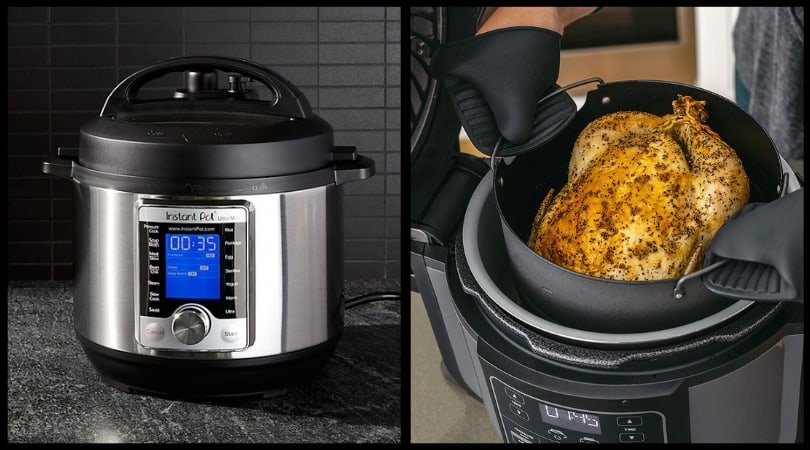Today, gas stoves use two basic types of ignition sources, standing pilot and electrical. A standing pilot stove has a thin, steady flame of gas (called a pilot light) beneath the cooktop. When the stove is turned on, this flame heats up the gas pouring out of the burners. A slight downside is that the fires continue to burn fuel even though the stove is not in operation. Early gas furnaces did not have a pilot. If one mistakenly left the gas on, the gas would flood the oven and gradually fill the space.
One question that is sometimes posed is whether gas or electric ovens are better, and the answer is two pieces. This is the original cost of the oven itself, and the other is the operating cost of the oven during its lifespan. It makes no sense to look just at the sales price, when you have to take into account the bills you pay every month. It’s because of this that we never suggest actually buying the cheapest one you can find-you can spend less in advance, but you might end up paying out more cash over time.

You can check out cooker reviews , for more reference.
Prices of buy and installation of oven
Gas ovens claim to be cheaper than electric ovens to purchase, though if you’re not already attached to a gas grid, you’ll have to pay to be hooked up. Plus, while electric ovens may be fitted by the purchaser, it is prudent to pay for a trained engineer to install a gas oven to ensure that it is securely attached. However, some states provide a government discount to those building gas appliances in existing buildings, which would immediately recover some of the costs.
Running Expense
Both gas and electrical furnaces are thermostatically regulated, which ensures that they are shut down to save energy until the ideal temperatures have been met and this cycle begins throughout the cooking process. The distinction, however, lies in the expense of heating the ovens by the electricity supply. Gas and electric furnaces consume about the same amount of energy per year, but higher power costs make electric furnaces more costly to operate. Electric ovens can, on average, cost up to five times more to run per year than gas ovens. It is also very likely that energy rates will begin to increase at a higher rate than gas prices thanks to green taxes on electricity. Apply to that the fact that gas ovens don’t require as much fuel to run, and you have a simple winner.
Electric ovens often appear to need more regular servicing and the repair or removal of parts may be required more frequently than gas ovens, both of which contribute to the operating costs. Coils tend to experience wear over time and power outages may destroy parts of the coils. As a result, gas ovens often appear to have a longer life cycle than electric ones, making them a safer investment.
Overall, thus, gas ovens are cheaper than electric ones, largely because the cost of electricity is so much higher than gas.You can check out cooker reviews, for more reference.Overall, gas ovens are cheaper than electric ones, mainly because the cost of power is so much higher than gas.